Our Mission to Protect the World’s Forests
We are working in 60+ countries to build sustainable, rural economies—a proven strategy to keep our forests standing.
Home / Issues / Forests & Biodiversity / Page 38
Forests are critical to every living thing on Earth. Not only do they give us clean air, shelter, and rain, they house 80 percent of the world’s terrestrial biodiversity. Alarmingly, humans have destroyed half of the world’s tropical forests and driven extinction rates up thousands of times higher than what is natural.
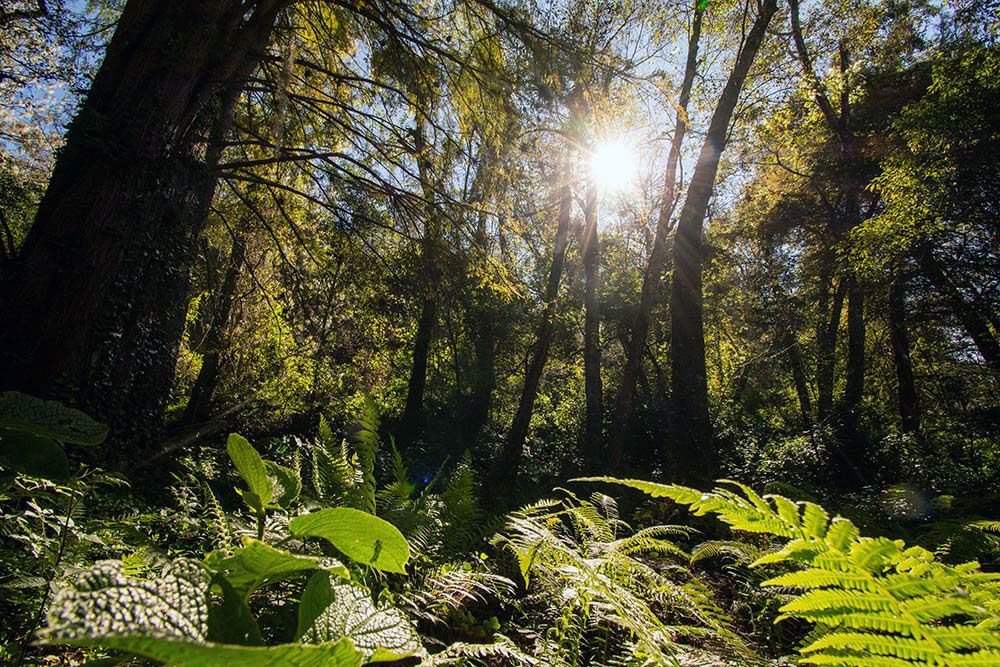
Forests are a powerful natural climate solution. As trees grow, they absorb and store carbon emissions, while releasing oxygen into the atmosphere. Conserving forests could cut an estimated 7 billion metric tons of carbon dioxide each year—the equivalent of getting rid of every car on the planet.
![]()
in the forest concessions of the Maya Biosphere Reserve, Guatemala*
In Guatemala’s Maya Biosphere Reserve, twelve community forestry concessions safeguard around 417,269 hectares of the largest and most important tropical forest north of the Amazon. These community-run concessions boast a near-zero deforestation rate—a remarkable feat given that adjacent areas suffer some of the highest deforestation rates in the Americas.
*Community forestry concessions in Guatemala’s Maya Biosphere Reserve have demonstrated a near-zero deforestation rate, since data collection began in 2000. Data accurate as of December 2019.
![]()
From 2020 through 2021, farmers we work with in the buffer zone of Indonesia’s Bukit Barisan Selatan National Park planted 45,000 trees in the area directly bordering the park. In addition, we identified 80 farms that sit in a wildlife corridor used by the critically endangered Sumatran elephant. We supported these farmers in planting species that suit the elephants’ diet.
*Data accurate as of December 2022
Together with forest and farming communities, Indigenous leaders, companies, governments, and global citizens, the Rainforest Alliance works in 58 countries to promote more sustainable land management practices while cultivating thriving rural economies—the most widely proven strategy to restore biodiversity and keep our tropical forests standing.
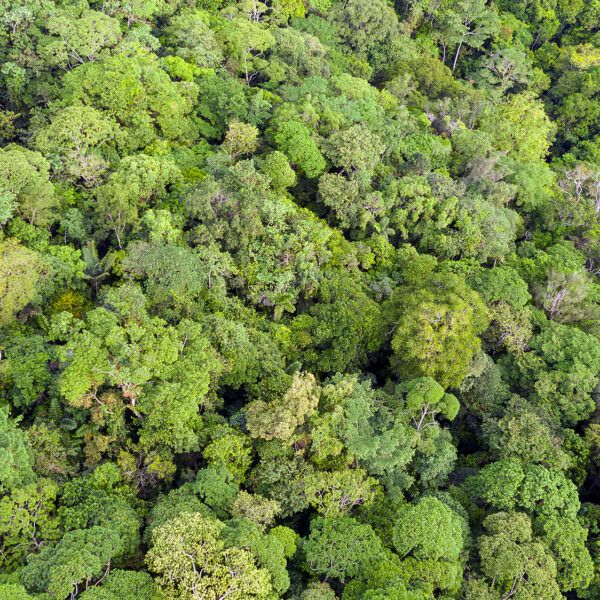
We are working in 60+ countries to build sustainable, rural economies—a proven strategy to keep our forests standing.
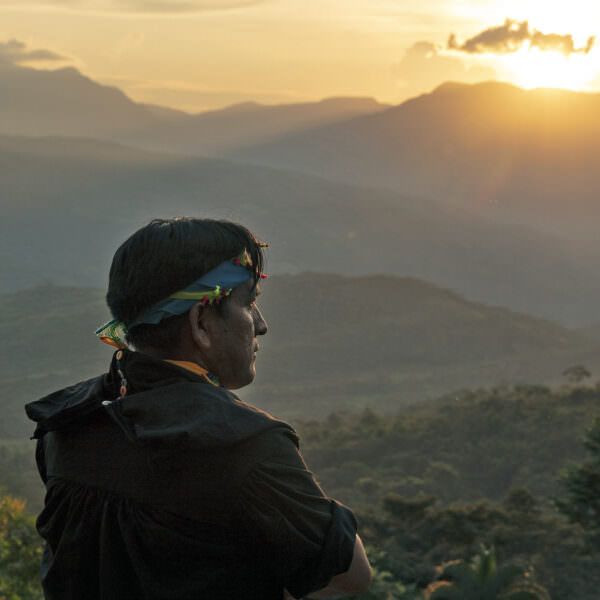
Indigenous peoples and local communities have an unsurpassed connection to the Earth's forests.
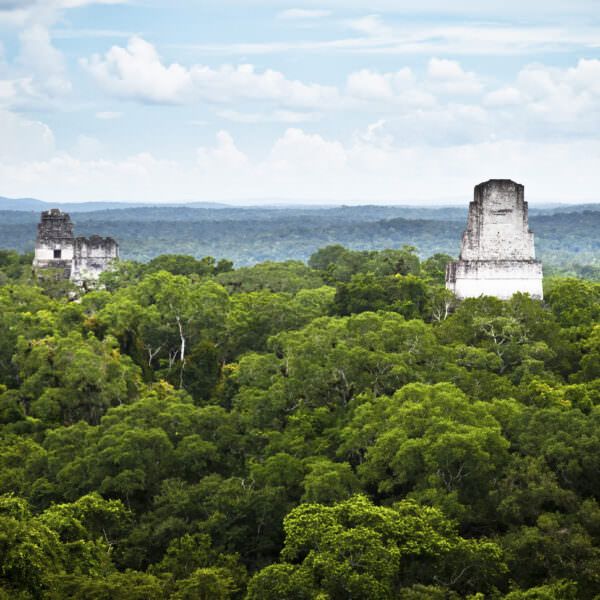
The forest concessions of the Maya Biosphere Reserve have boasted a near-zero deforestation rate for 20 years.
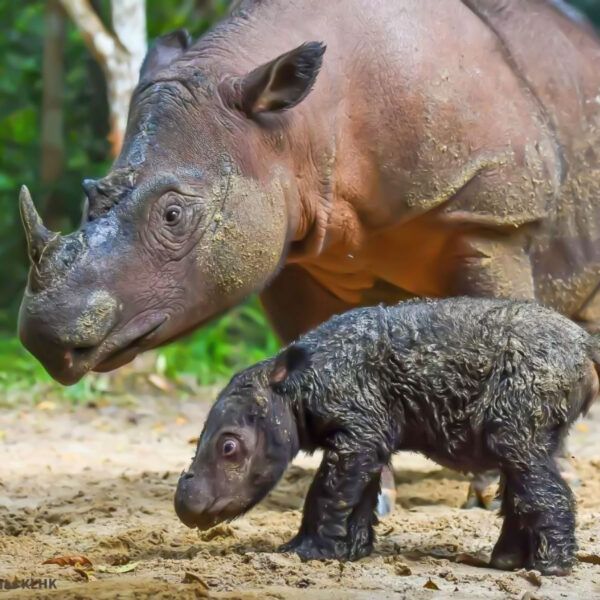
We're training coffee farmers in the Bukit Barisan Selatan National Park buffer zone to help them conserve biodiversity and improve their livelihoods.

As part of the Rainforest Alliance’s Kleinhans Fellowship, researchers with Indiana University and Universidade Federal do Acre (UFAC) in Brazil examined the importance of non-timber forest products (NTFPs) for supporting family income and promoting forest conservation in the western Amazon. The project compared seven sites representing one extractive reserve, three agro-extractive settlements, and three colonization […]

In this brief, the case of Mexican community forestry is presented, with a special focus on the diversity of local enterprises and inter-community associations that have developed over the past twenty-five years, as well as an assessment of some of the main regulatory barriers that communities face in undertaking legal forest harvesting.

Helping to protect mammals, birds, snakes, lizards and spiders can be as simple as enjoying your morning cup of coffee.

Loc Bac State Operating Company (SOC) manages 34,851 ha of broadleaf and conifer forest. They currently operate 25 year re-entry rotational harvesting on an area of 4,704 ha (an average of 134 ha yr-1). Current harvest levels and practices are heavy regulated by government decisions and quotas. The Loc Bac SOC is part of a […]

Before the Maya Biosphere Reserve (MBR) was established in the Petén in 1990, the area was plagued by illegal logging, which focused on removing only the most valuable tree species, such as mahogany. At the same time, civil conflict and displacement resulted in significant in-migration to the region, sparking extensive conversion of forests for agricultural […]

Sustainable management of the world’s natural resources is shifting from an option to a vital necessity. Increasing evidence attests to the fact that sustainable resource management practices can promote economic development and livelihood improvement for communities. This case study adds to this growing of body of evidence by profiling the work of Rainforest Alliance assisting […]